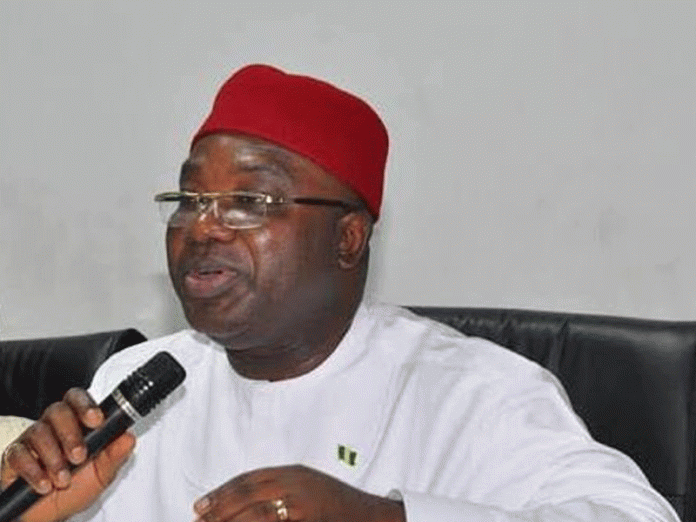As Nigeria joins the rest of the Global Community to commemorate the International Day of Education, the Executive Secretary (ES) National Human Rights Commission (NHRC), Dr.Tony Ojukwu has tasked stakeholders on the need to push for quality, equitable and inclusive education for all.
International Day of Education is commemorated every 24th of January and the theme for this year’s celebration is “Learning For Lasting Peace”.
Speaking on the eve of the commemoration, the ES said Education is the key that facilitates the achievement of other Sustainable Development Goals (SDGs). “When people are able to get quality education, they can break the cycle of poverty and there will be peace”.
He observed that Education helps to reduce inequalities and empowers people to live more healthy and sustainable live, noting that education is also crucial to fostering tolerance between people as it contributes to peaceful societies.
The Chief Human Rights Officer of Nigeria affirmed the need to deliver on SDG Goal 4, (education financing) advising that it should become a national investment priority.
He stated that measures such as making education free and compulsory, increasing the number of teachers, improving basic school infrastructure and embracing digital transformation are essential towards achieving quality and accessible education.
The Learned Senior Advocate maintained that while progress has been made towards the Agenda 2030 education targets set by the United Nations, continued efforts are required to address persistent challenges to ensure that quality education is accessible to all, leaving no one behind.
He further stated that “Economic constraints, coupled with issues of high learning dropout rates in marginalized areas, underscore the need for continued global commitment to ensuring inclusive and equitable education for all”.
He added that “low levels of information and communications technology (ICT) skills are also major barriers to achieving universal and meaningful quality education for all”.
The Chief Human Rights Advocate lamented that Sub-Saharan Africa faces the biggest challenges in providing schools with basic resources.
According to him the situation is extreme at the primary and lower secondary levels, where less than half of schools in sub-Saharan Africa have access to drinking water, electricity, computers and the Internet.
In addition, Dr.Ojukwu said women and girls are the most disadvantaged in the enjoyment of rights to education.
He noted that studies have revealed that about 40 per cent of countries in Sub-Saharan Africa have not achieved gender parity in primary education. These disadvantages in education, according to him, also translate into lack of access to skills and limited opportunities in the labour market for young women.
The Executive Secretary therefore noted that as a matter of urgency, the government needs to place education as a priority in both policy and practice. “There is a need for governments to make firm commitments to provide more resources and budget for inclusive opportunities for learning” he added.

Call:
Sandra - 07069148333
Pauline - 08174374150
Scholastica - 09060678434













